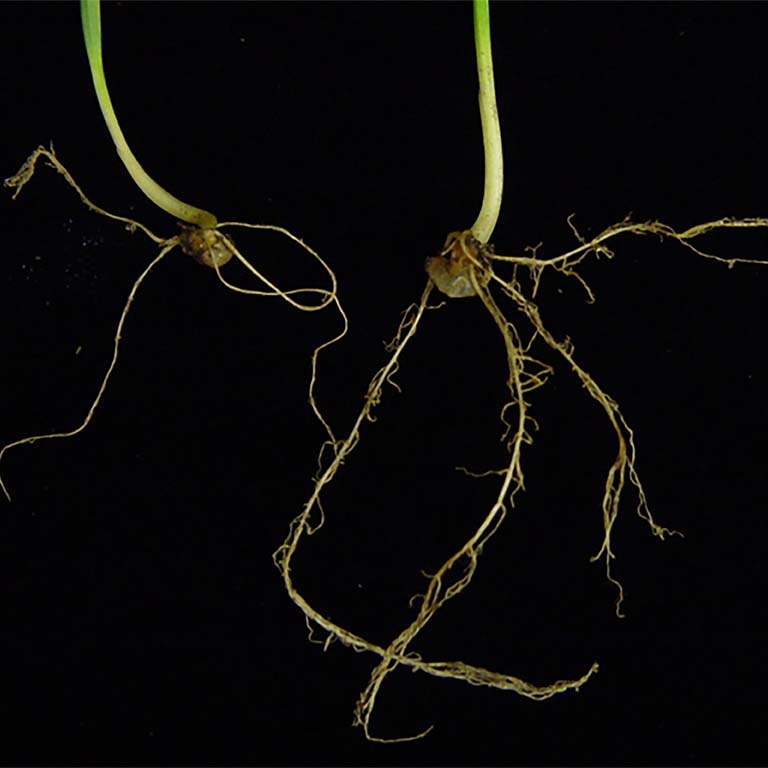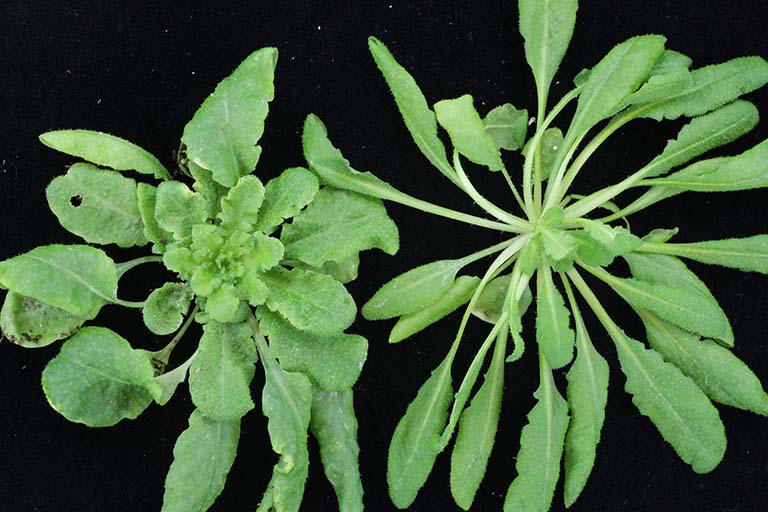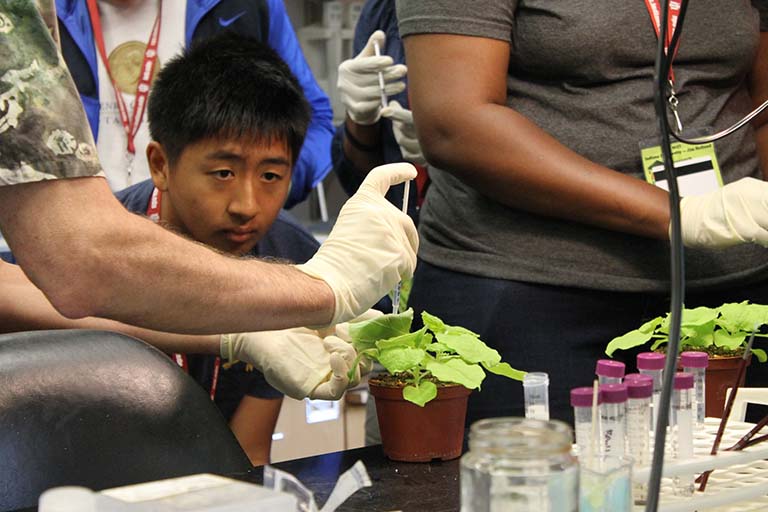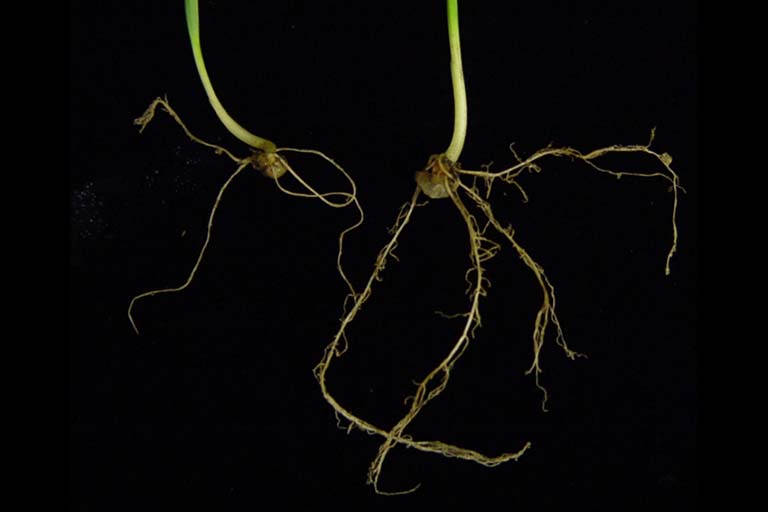The National Science Foundation and the U.S. Department of Agriculture's National Institute of Food and Agriculture have issued research project awards to Roger Innes, professor of biology, and Carl Bauer, professor of molecular and cellular biochemistry and adjunct professor of biology. The awards were made through the Plant Biotic Interactions program jointly administered by the NSF Division of Integrative Organismal Systems and NIFA. These awards are granted to support research into the relationships between plants, microbes, and other organisms in their environment.
"It allows creative investigators to combine basic science questions with applied uses of the results in one proposal." said James Olds, NSF assistant director for Biological Sciences. He noted that this will translate into improving crop outcomes.






 The College of Arts
The College of Arts